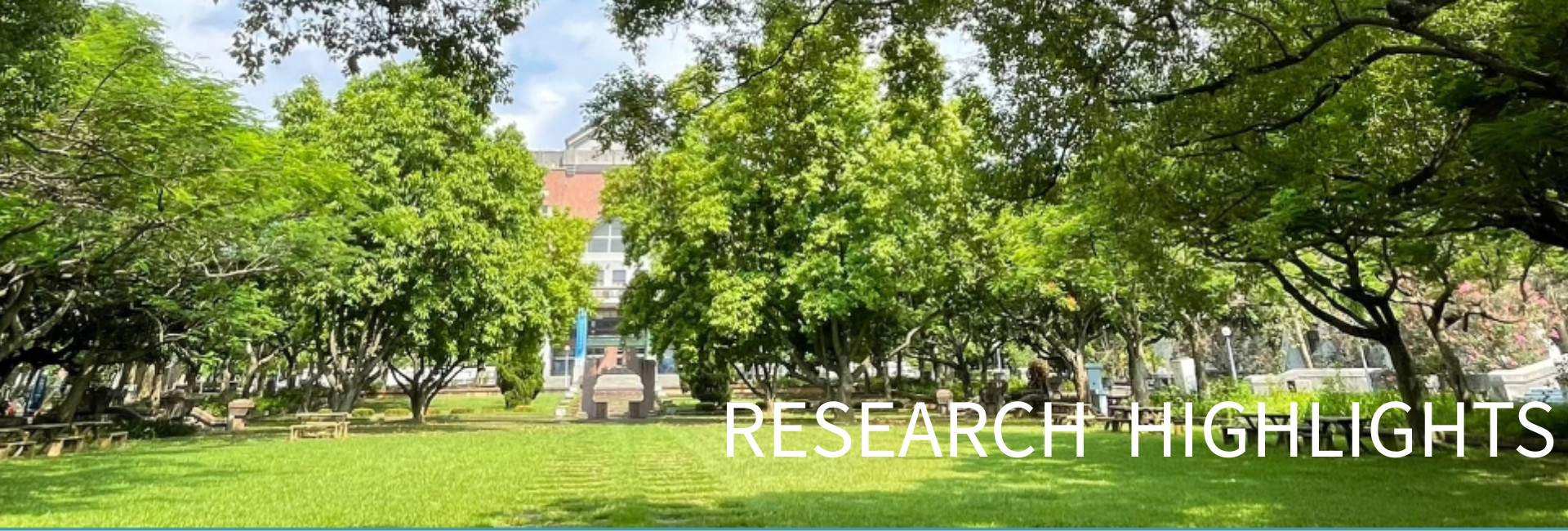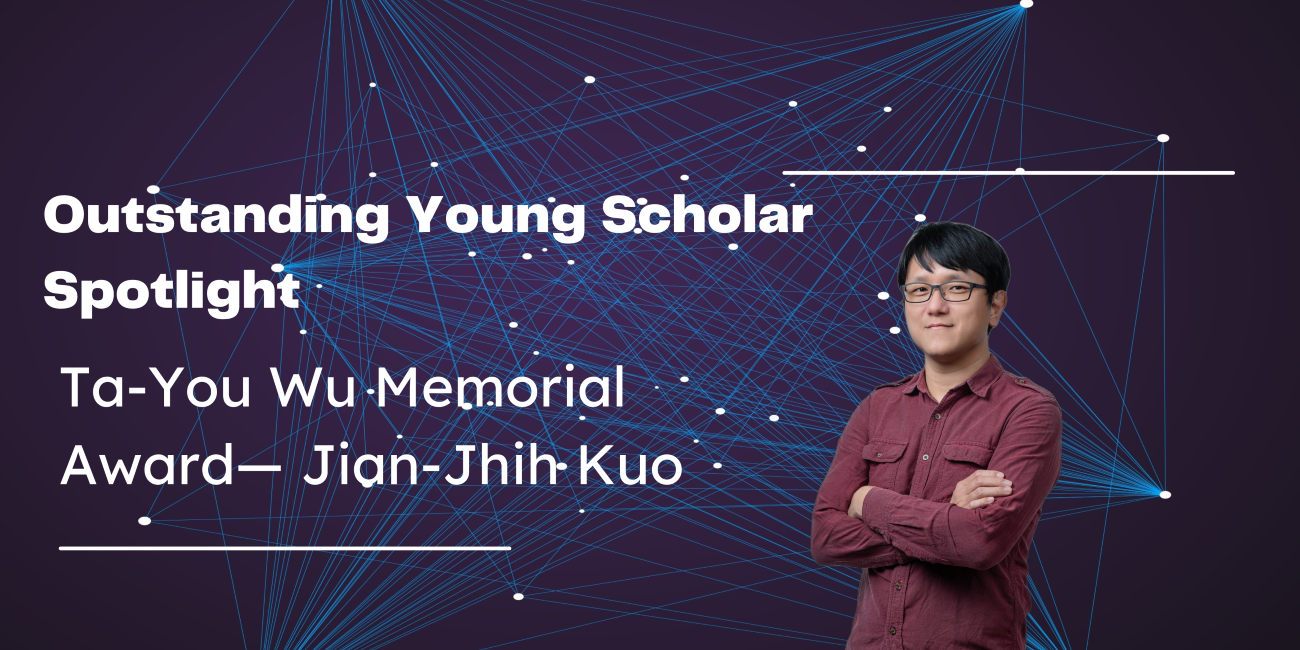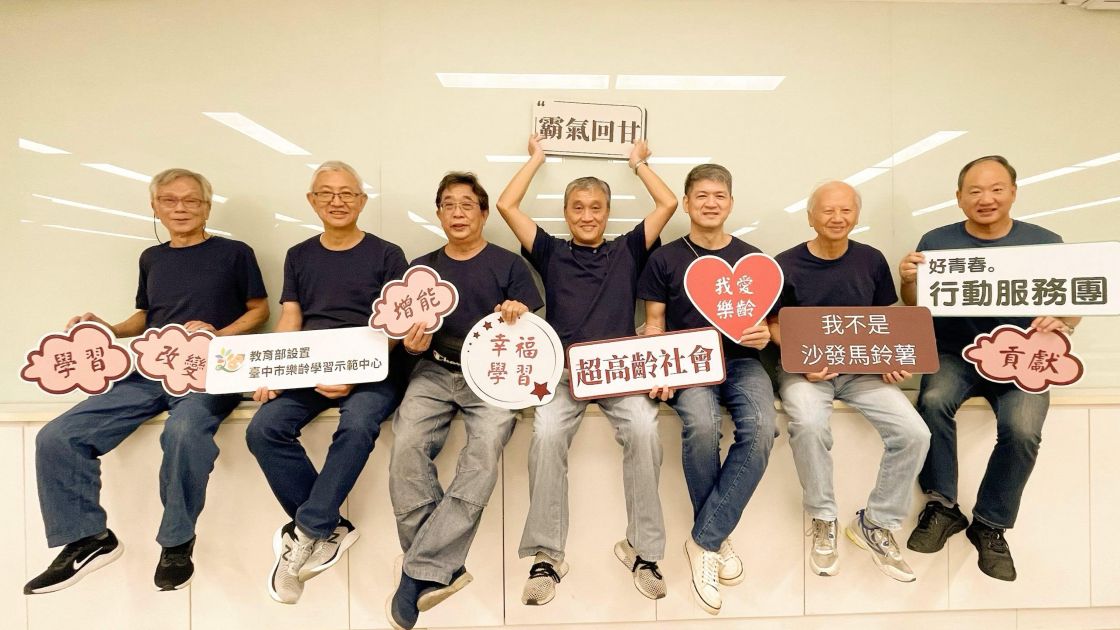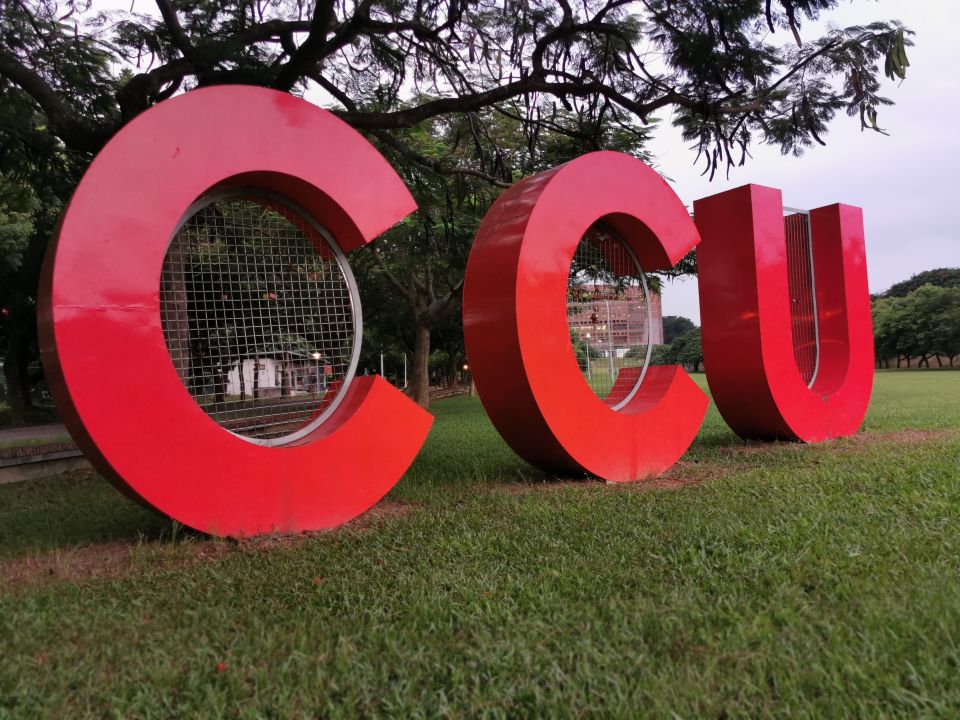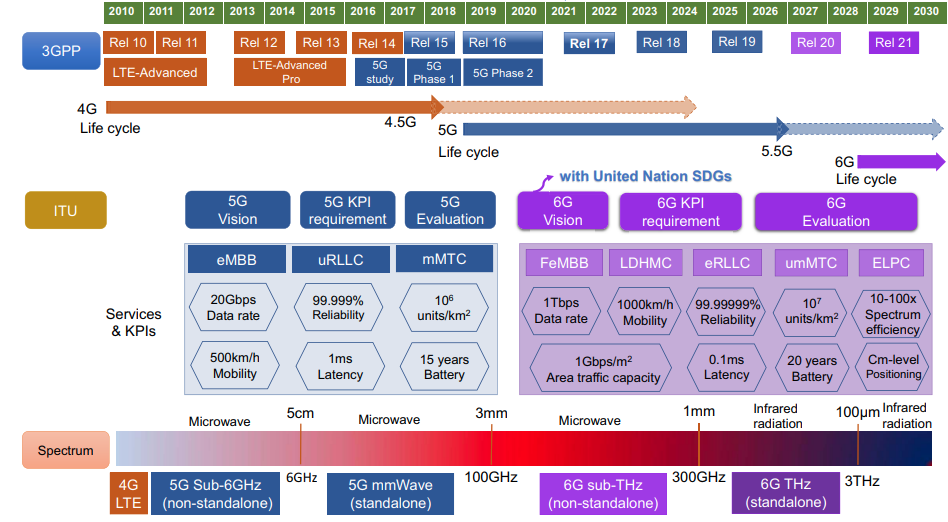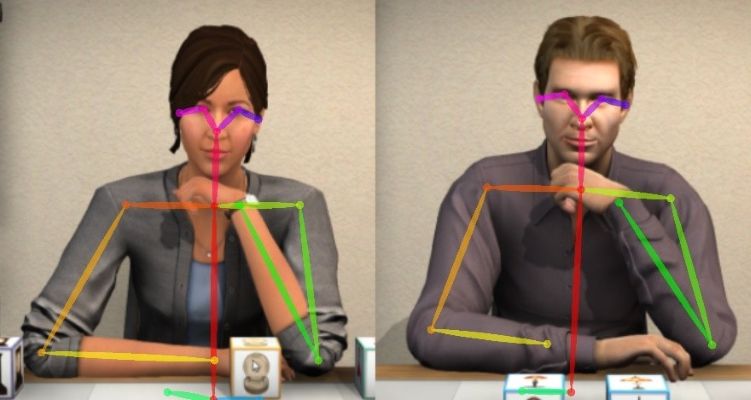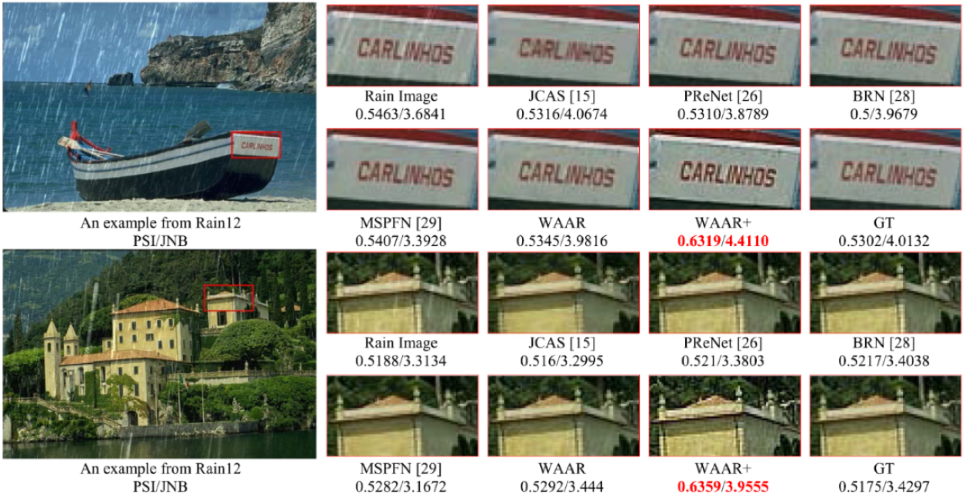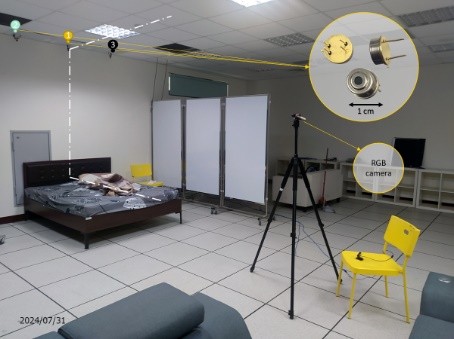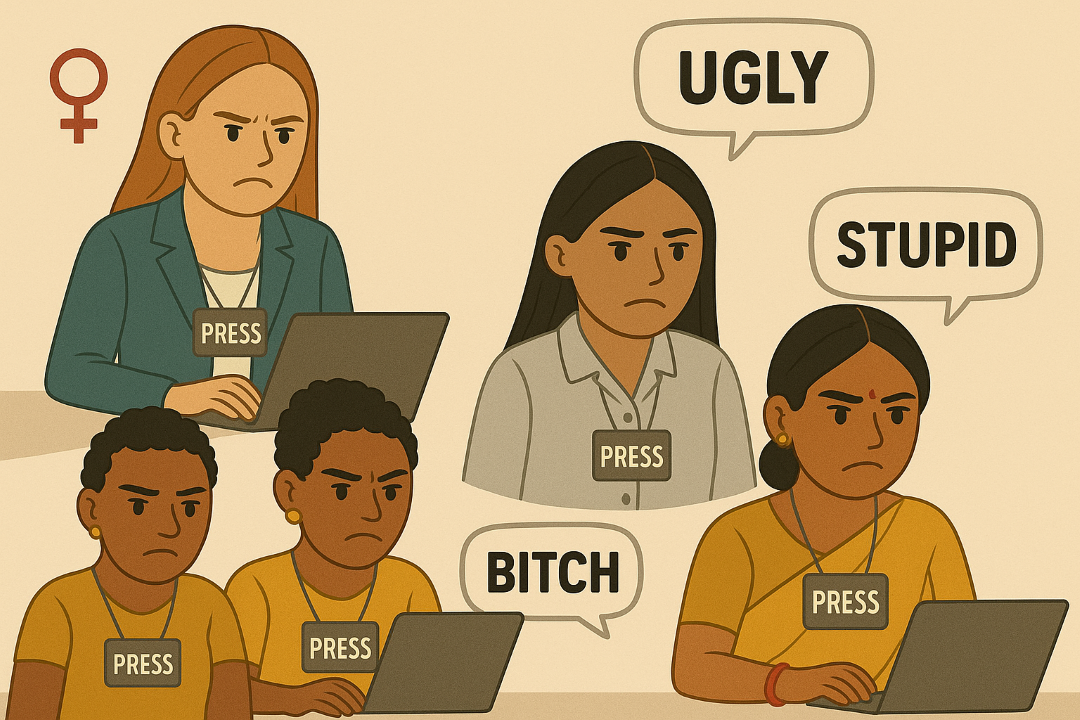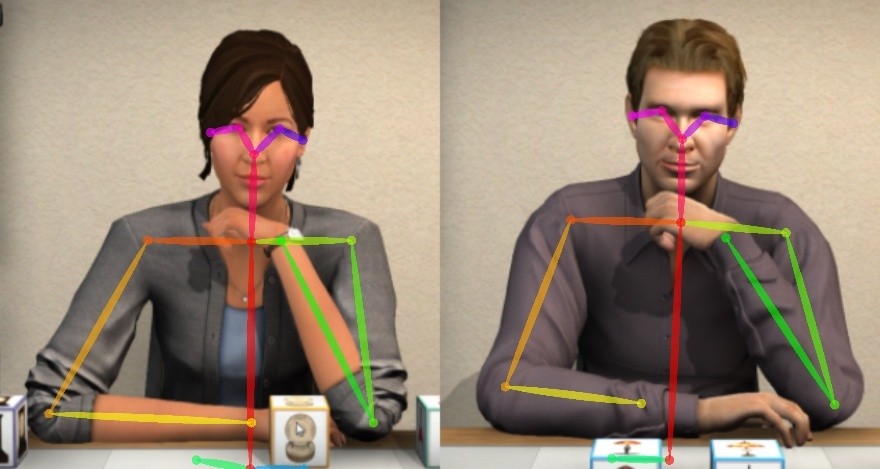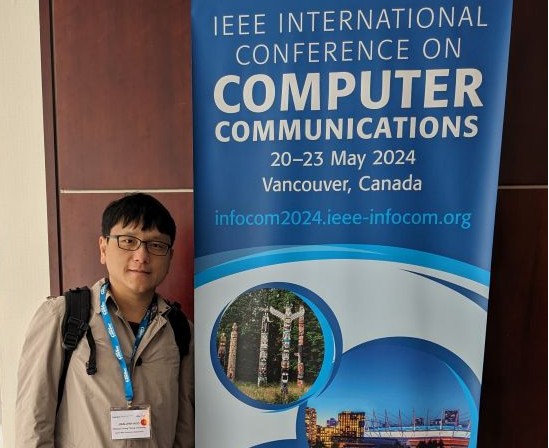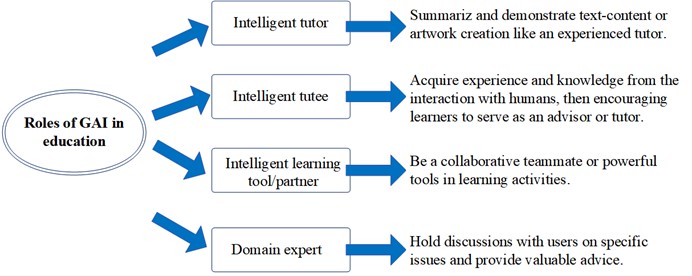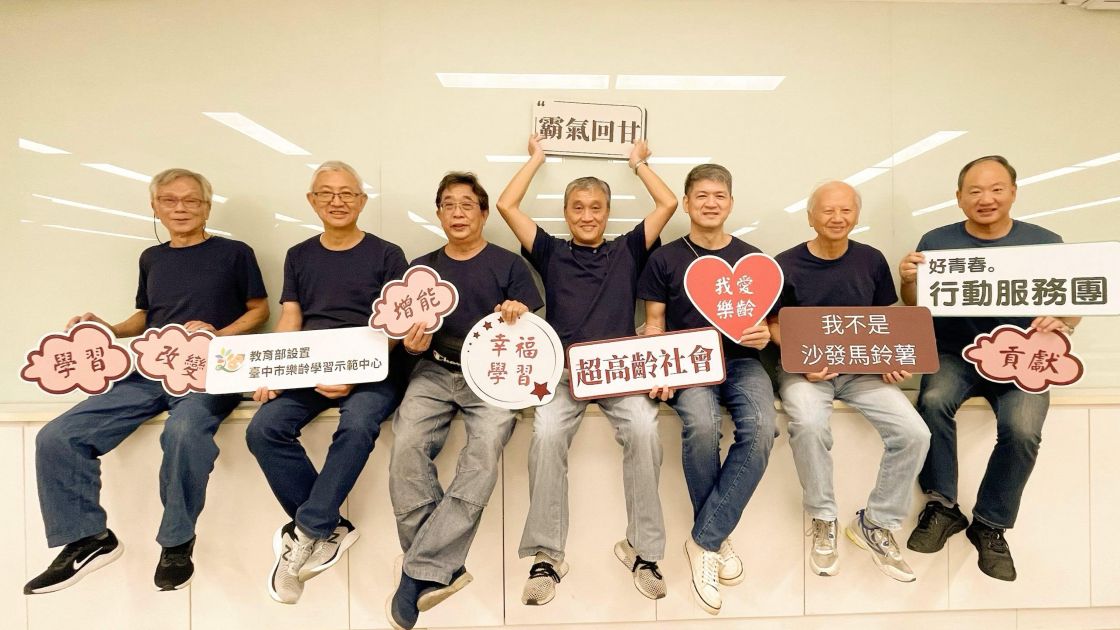Chung Cheng Academic Achievements Information System
Focus Scholars
Show all teachers
Shiu-Hwa Tsu, Peter Shiu Hwa
Department and Institute of Philosophy
Show all teachers

Chang, Huang Wei
Department of Physics

Hsu, Bing Mu
Department of Earth and Environmental Sciences
Chen, Chien Yen
Department of Earth and Environmental Sciences

Chan, Michael Wing Yan
Department of Biomedical Sciences

Lee, Cheng I.
Department of Biomedical Sciences

Wu, Shufen
Department of Biomedical Sciences

Chen, Yen Ling
Department of Chemistry and Biochemistry

Hsieh, Jinjian
Department of Mathematics
Show all teachers

Weng, Chiaying
Department of Psychology
Show all teachers

Chiang, Weikuo
Department of Computer Science and Information Engineering

Chen, Yong-Song
Department of Mechanical Engineering

Hsiung, Pao Ann
Department of Computer Science and Information Engineering
Wang, Ming Hung
Department of Computer Science and Information Engineering
Kuo, Jian Jhih
Department of Computer Science and Information Engineering
Wu, Yuankang
Department of Electrical Engineering

Chen, Oscal Tzyh Chiang
Department of Electrical Engineering

Cheng, Chihchun
Department of Mechanical Engineering
Yang, Hang Suin
Department of Mechanical Engineering
Li, Yuanyao
Department of Chemical Engineering

Kang, Jialin
Department of Chemical Engineering
Show all teachers

Wang, Mingchang
Department of Business Administration

Hsu, Yufeng
Department of Accounting and Information Technology

Chen, Shih-Pin
Department of Business Administration
Show all teachers
Liao, Tsung Sheng
Department of General Law
Show all teachers

Lee, Y. H.
Department of Adult and Continuing Education
Chan, Sheng Ju
Graduate Institute of Education
Wang, Souncheng
Department of Athletic Sports

Li, Aitzu
Department of Adult and Continuing Education
He, Cheng Shiun
Department of Athletic Sports

許順利
International Master's Degree Program in Educational Leadership and Management Development

Wei, Huichuan
Department of Adult and Continuing Education

Yang, Shu Lung
Department and Graduate Institute of Criminology

Chen, Yau–Jane
Center for Teacher Education

Lien, Chishun
Center for Teacher Education

Liao, Chien Nan
Department of Athletic Sports

Huang, Chinshan
Department of Adult and Continuing Education

Wang, Weini
Department of Adult and Continuing Education

Albia, Joclarisse
International PhD Program in Educational Leadership and Management Development

Hu, Mengching
Department of Adult and Continuing Education
Show all teachers

Chang, G. W.
Department of Electrical Engineering
Yau, Herterng
Department of Mechanical Engineering

Kuo, Yungchih
Department of Chemical Engineering

吳英隆
Department of Information Management
Wu, Yuankang
Department of Electrical Engineering

Yau, Hong Tzong
Department of Mechanical Engineering
Hong, Bor-Cherng
Department of Chemistry and Biochemistry
Hsu, Wei Yen
Department of Information Management
Tang, Chingwen
Department of Communicational Engineering

Lie, Wen Nung
Department of Electrical Engineering
Cherng, Jongyuh
Department of Chemistry and Biochemistry

Fong, Zhanghua
Department of Mechanical Engineering

Feng-Sheng Wang
Department of Chemical Engineering

Chen, Oscal Tzyh Chiang
Department of Electrical Engineering

Hsiung, Pao Ann
Department of Computer Science and Information Engineering

Kuo, Ping Huan
Department of Mechanical Engineering

Li, Eldon Y.
Department of Information Management

吳邦一
Department of Computer Science and Information Engineering
Chang, Guoen
Department of Mechanical Engineering

Hung, Shin Yuan
Department of Information Management

